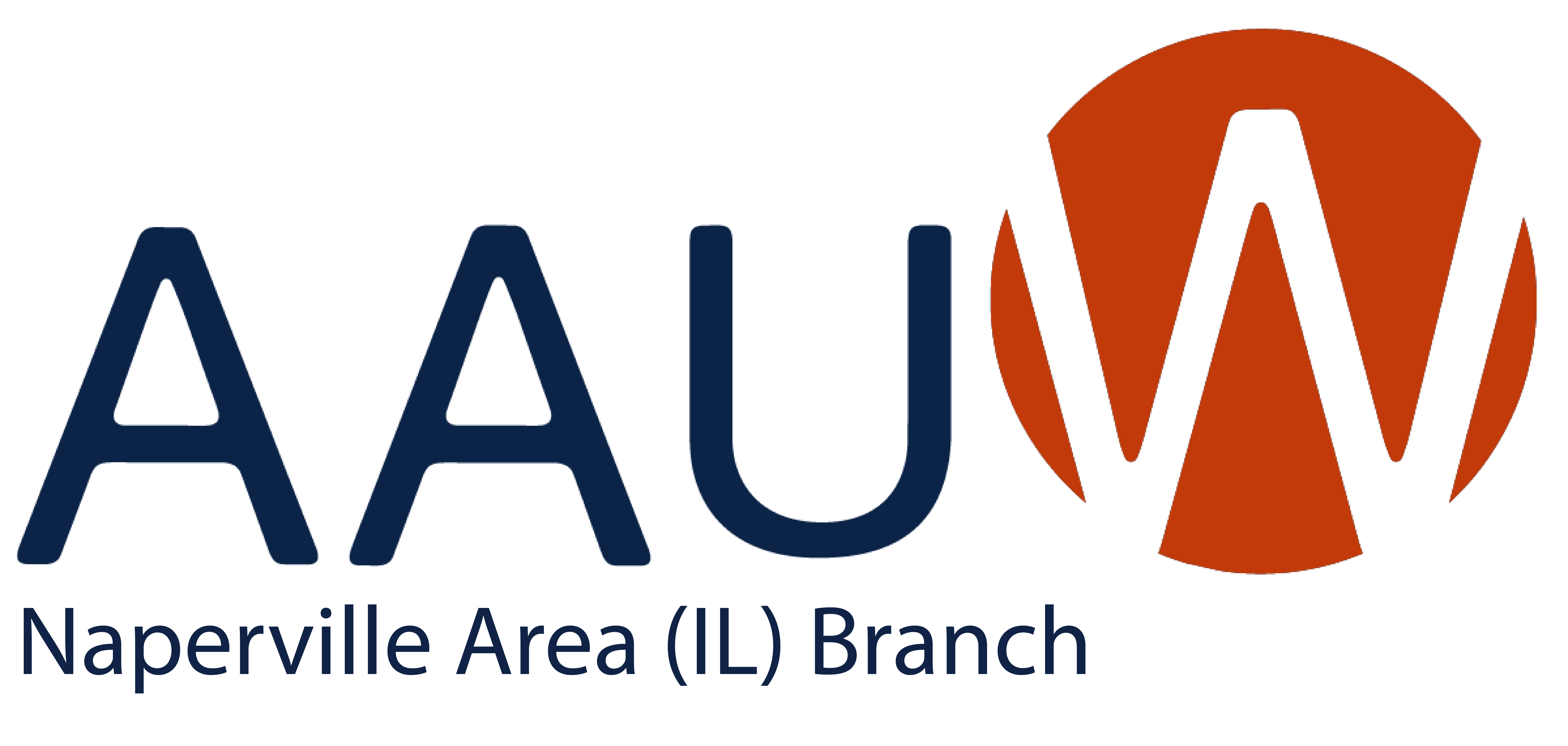Fake news has a long history. Remember hearing about Orson Welles’ October 1938 radio broadcast of the War of the Worlds? What was to be a dramatic reading of H.G. Wells’ 1897 science fiction classic allegedly caused mass hysteria. In reality, a lot of people did believe the invasion from Mars was happening; but fact checking reveals there wasn’t actually a nationwide panic.
Traditional ways of learning the news through print, radio, and television media have been supplemented by the internet and social media. The ease and low cost of technological access has generated formats that look professional. Social media adds to the proliferation of fake news. So how does someone ever shift through the information to understand what is accurate, misinformation, or blatant falsehoods? Listed below are resources you may find helpful in understanding fake news and how you can minimize it.
Actions You Can Take
- Know What it is: These independent sites are reliable resources for fact checking:
- Recognize it: Learn more about fake news so you can identify questionable articles or posts.
-
- https://www.cits.ucsb.edu/fake-news Great educational website developed by the Center for Information Technology and Society at UC Santa Barbara
- https://www.politifact.com/article/2017/apr/20/politifacts-guide-fake-news-websites-and-what-they/ This 2017 guide to fake news websites may be helpful in learning techniques to identify untrustworthy sites
- https://mediabiasfactcheck.com/ An independent news outlet dedicated to identifying bias in media outlets
- https://www.mediamatters.org/fake-news/understanding-fake-news-universe Good source to learn terminology used to reference fake news.
- https://www.youtube.com/watch?v=V4o0B6IDo50 A short video from cyberwise.com, a site that helps adults guide children to safe digital practices.
- Stop it from Spreading: Verify the accuracy of information if you intend to share it, whether through social media or verbally in conversation.
Al Tompkins, an expert at the Poynter Institute who teaches media literacy to senior citizens, said “I don’t think we fully understand the consequences of passing along bad information. We have a personal, moral, ethical and civic responsibility to do basic amounts of research to know whether or not something that we’re passing along is true.” Certain factors may make someone more likely to believe false information, any of us are vulnerable. “We are all susceptible,” said Dolores Albarracin, a psychology professor at the University of Illinois at Urbana-Champaign who studies attitudes, communication, and behavior. “Because we cannot physically verify many of our beliefs – is the earth round? – we need to trust sources and documentation. If we trust trustworthy sources, we are generally safe, although all sources are fallible. If we trust untrustworthy ones, we are in danger.”
